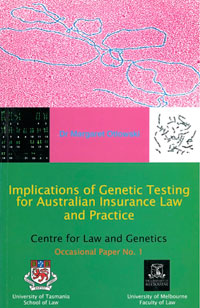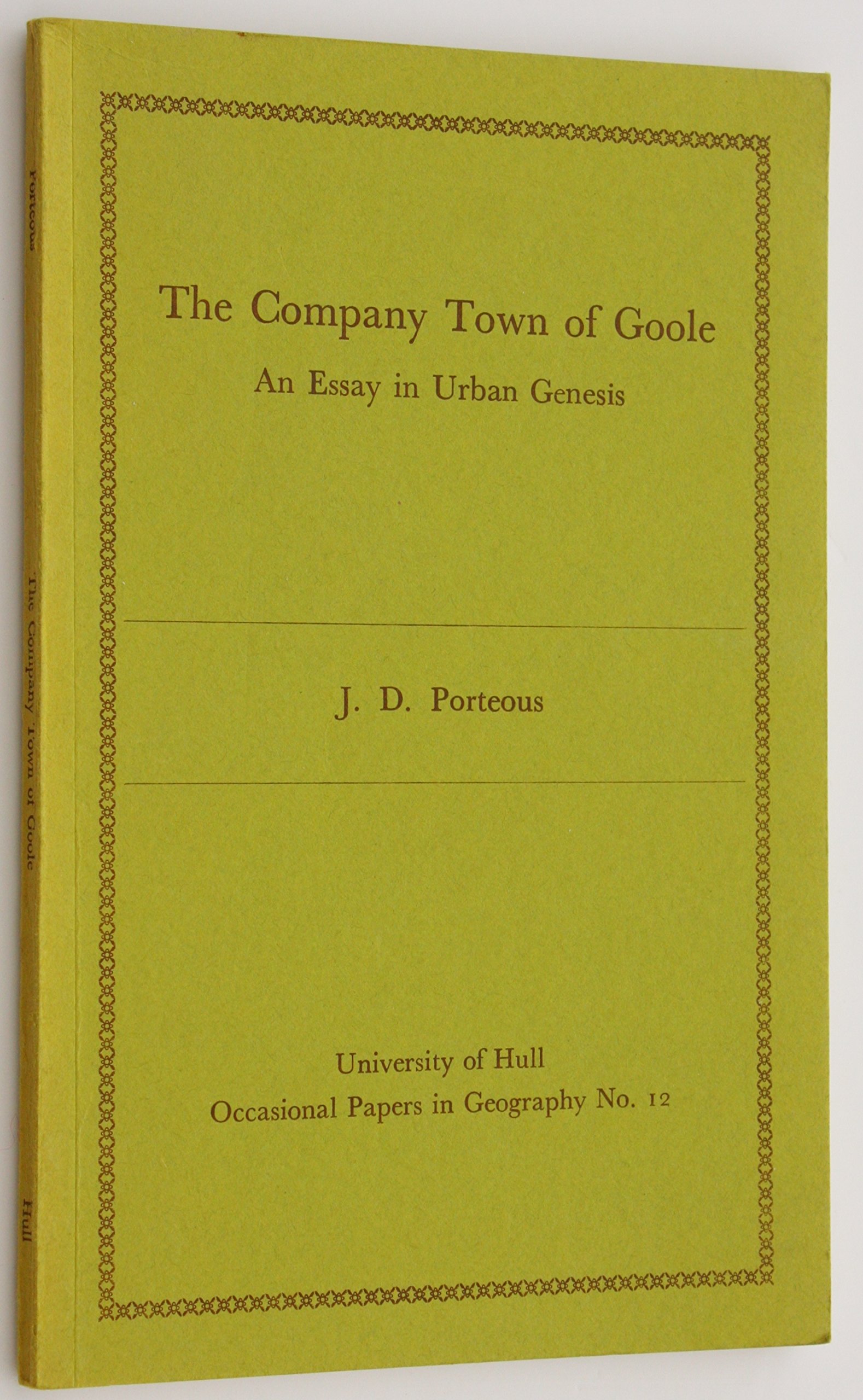Occasional Essay
The Changing My Mind: Occasional Essays Community Note includes chapter-by-chapter summary and analysis, character list, theme list, historical context, author biography and quizzes written by community members like you. Occasional papers are essays or reports that contribute to the debate on a certain topic. The perspective of an occasional paper is the author's and is supported by strong research. If the paper is authored independently rather than by a team of authors, the work should incorporate material from case studies that support the author’s stance.
Changing My Mind by Zadie Smith is a collection of independent essays on various topics for almost any taste. Such a variety of themes allows readers to learn more about the author’s outlook on literature, politics, education, and even family life. It is light, sometimes entertaining, but still thought-provoking reading for people who appreciate a vivid and witty writing style.

A writer herself, Zadie Smith simply can’t mention the role of black female writers in the world literature. She voices the concerns that many of us have but rarely discuss: intellectuals and literature critics’ contempt for so called female literature. Believe it or not, but many people are too shy to admit that they enjoy reading love lines in women’s writing. Critics used to praise those female writers who wrote in a manly fashion and dragged down those who depicted women in search for love. When she was a teenager, Zadie behaved just like those critics. She reprimanded writers who narrowed down women’s aspirations to search of their won Prince Charming. However, she changes her opinion as soon as she finds the writer whose works, experience, and cultural backgrounds are somehow similar to her own.
As it has been already mentioned, the writer does pay attention to world politics, especially to the situations in developing countries. Her short-lasting visit described in One Week in Liberia and is highly recommended to everyone who thinks that war is a game. Destroyed infrastructure is not the worst thing there, what is more dangerous is hopeless existence that many are doomed to lead. As one of the passengers on the flight to Liberia said, it is difficult to stay kind whilst living surrounded with cruelty and violence. Low income, illiteracy, and lack of prospects make life almost unbearable, but there are people who refuse to put up with the situations.
Acer Occasional Essays

Teachers, doctors, and just volunteers fight to bring the country back to life. They don’t complain even then when it seems that everything they do is in vain. This is a reminder to be grateful for what we have for all of us who take such fragile things as peace for granted. A topic of war is repeated in the essay Occasional Hero which is dedicated to Zadie’s father, Harvey Smith, who fought in Normandy in World War II. It is a story about a rethinking of traumatic experience.

Recollections Cardstock Online Store
Les mesures restrictives sont les instruments de prédilection de l’Union européenne (UE) pour imposer des mesures de coercition aux pays tiers. Distinguant les différents cas de figure en cause en fonction de leur coût juridique potentiel, il s’agira ici de proposer un guide pratique du choix des mesures restrictives appropriées.
In recent years, non-state actors (NSAs) have become an important part of the EU’s policy-making process regarding the conflict. This paper examines a group of actors that, although under-researched, play a significant role in the formulation and evolution of EU external policy.
Over the last decade, researchers and policy-makers have paid increasing attention to diasporas. This Occasional Paper explores the untapped potential of African diaspora communities in promoting peace in their homelands and assesses how the European Union can engage with these non-state actors in the field of peace and security.
This Occasional Paper examines one of the ‘forgotten conflicts’, between the ‘Moros’ and the Philippine State, highlighting the EU's gradual move from the humanitarian and development arena towards a more explicitly political role in the peace process, in close cooperation with its Member States and with European NGOs.
Considering its linkages with various areas such as energy security, economic growth and diplomacy, climate change is a major ‘game-changer’ in international relations. The development of the climate change regime presents the EU with both an opportunity and a threat, in as much as it may either accelerate Europe’s decline as a foreign policy actor or, on the contrary, reinvigorate its diplomatic ambitions.
L’interrogation à laquelle tente de répondre la présente étude est de savoir si l’investissement de l’UE dans la CEEAC en tant qu’acteur de sécurité collective en Afrique centrale se justifie. Le constat, il faut le regretter, n’est pas encourageant. Intervenant sur un milieu il est vrai peu porteur, l’UE ne s’est pas donné les moyens des fins affichées.
The Lisbon Treaty opens up the possibility of giving fresh impetus to interparliamentary cooperation in the field of the Common Foreign and Security Policy (CFSP). Staunch parliamentary support is essential if a strong Europe that speaks with one voice and pursues a common foreign policy is to emerge. All of the EU Member States are aware that this is the case and share this goal, as this paper demonstrates.
In Africa, the aid and security policies of the EU and China are often contradictory. Rather than overemphasise the norms debate, the author argues, the EU and China should focus on seeking common ground and developing a pragmatic approach.
What scenarios lie ahead for Russia after the March 2012 presidential elections? The authors of this paper define potential ‘game changers’ and provide conclusions as to which post-election scenarios might be more favourable to Russia, and to the European Union.
While the current focus of EU foreign policy is firmly trained on its southern neighbourhood, this paper explains why the EU should not forget about the long-simmering disputes in its Eastern neighbourhood – disputes which might once again require EU responses in the future.